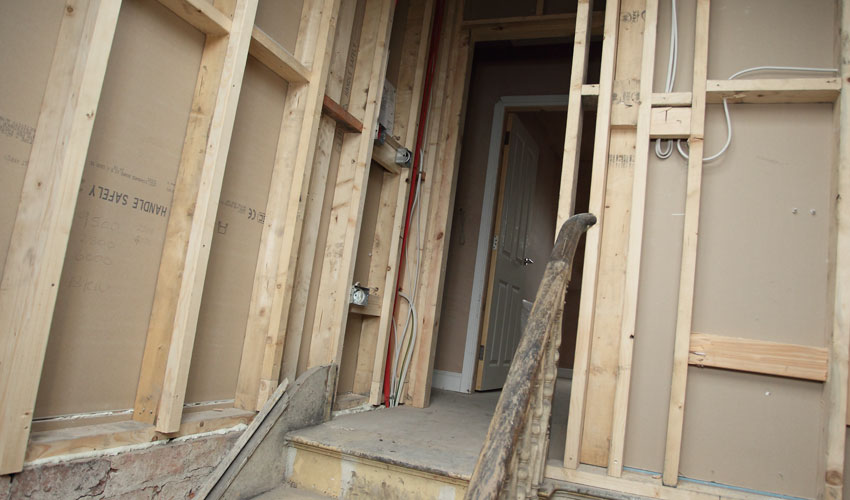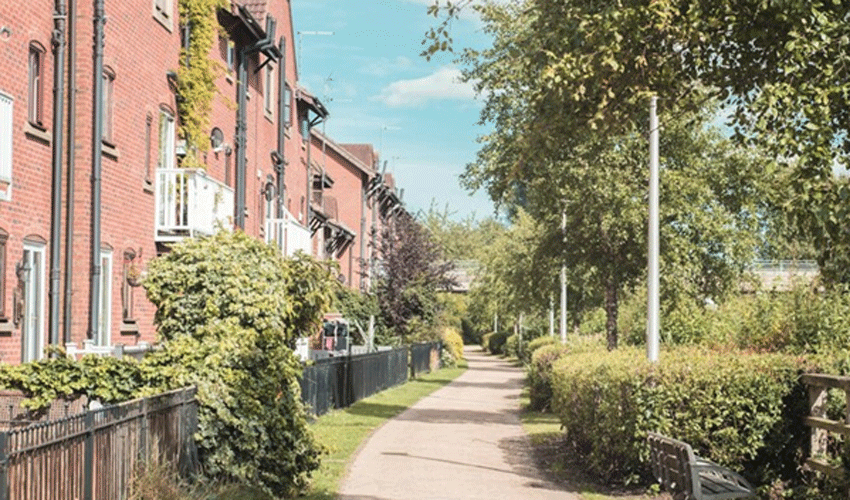

East Riding of Yorkshire Council’s Lifeline scheme is helping a local hospital meet the surge in demand for care.
State of the art technology used by the council’s lifeline telecare service has improved patient safety on the community ward at East Riding Community Hospital, in Beverley, where the number of beds available to patients has increased from 26 to 36.
As these additional beds are in rooms not usually used for this purpose, and are therefore further away from the nurses’ station, the lifeline team has been called in to install extra equipment including bed sensors, chair sensors and falls detectors that are linked to monitors carried by nurses on the ward.
In the event of a patient falling out of bed for example, the sensors send a signal to the monitor, informing the nurse of what has happened and at which bed so they can respond appropriately and quickly.
Jo Mcneil, matron at East Riding Community Hospital, Humber NHS Foundation Trust said:
“This is another example of how we as a Trust are using advances in technology to reduce the risks and improve patient safety.”
“The equipment enables our team to have a greater awareness of patient movement – something that is vital in a busy ward. By reducing the risk of patients mobilising un-aided, we can reduce the risks of falls.”
“Patients feel safe, confident and reassured as a result of the equipment.”
The support offered by lifeline does not necessarily end when a patient is discharged from hospital.
Lifeline offers people who have been recently discharged from hospital, and are in need of additional support and assistance at home, a free reablement service for up to six weeks.
The service consists of a range of sensors being placed in a person’s home and linked to the monitoring centre which is manned by trained operators who are ready to take the most appropriate action should a sensor be triggered.
This action could be contacting a family member, neighbour, doctor, lifeline responder or the emergency services.
And this service can continue beyond the reablement period, with the service user able to choose from three levels of service – gold, silver or bronze.
Councillor Richard Harrap, said:
“As we all know hospitals are currently under an unprecedented level of pressure to care for increasing numbers of patients.”
“The way in which East Riding Community Hospital has been using our lifeline service is a prime example of the way in which this technology can be used to help alleviate the pressures that this particular ward has been experiencing at this time.”
“It is also a good example of the way in which lifeline can offer help, support and reassurance to those people who need it the most, whether they are in hospital, have recently been discharged from hospital, or simply want to live as independently as possible in their own homes.”












